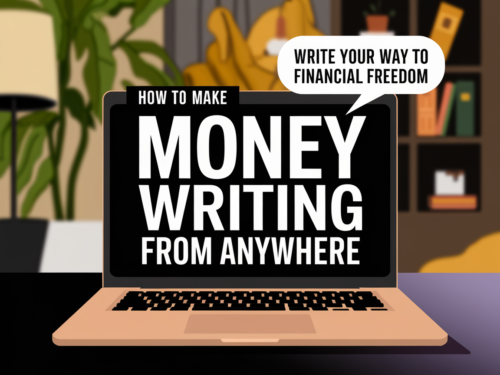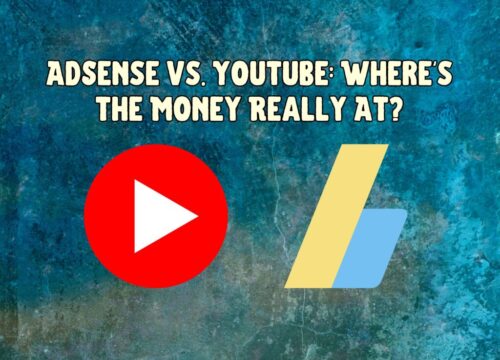Debt can feel like a heavy burden, but there are several legal strategies to alleviate and manage it more effectively. While some methods are well-known, others might surprise you with their practicality and effectiveness. Here are five surprising ways you can legally get out of debt and regain financial stability.

1. Negotiate with Creditors
Debt Settlement
- What It Is: This involves negotiating with creditors to pay a lump sum that’s less than the total amount you owe. Creditors are sometimes willing to accept a lower amount to close the debt.
- How It Helps: It can significantly reduce your debt load, making it easier to pay off what you owe.
2. Utilize a Balance Transfer Credit Card
Interest Rate Arbitrage
- What It Is: This strategy involves transferring debt from a high-interest credit card to a new one offering a 0% introductory APR period.
- How It Helps: By eliminating interest for a period, you can pay down the principal faster, reducing your overall debt more quickly.
3. Explore Hardship Programs
Creditor Assistance
- What It Is: Many creditors offer hardship programs for individuals facing temporary financial difficulties. These programs can include reduced interest rates, waived fees, or altered payment plans.
- How It Helps: It provides breathing room to reorganize your finances without defaulting on your debts.
4. Leverage Home Equity
Debt Consolidation
- What It Is: If you own a home, you can use your home equity to pay off high-interest debts. This can be done through a home equity loan or a home equity line of credit (HELOC).
- How It Helps: Consolidating debts into a lower interest rate loan can reduce monthly payments and the total interest paid over time.
5. Seek Professional Debt Counseling
Expert Guidance
- What It Is: Non-profit credit counseling agencies offer free or low-cost services to help you manage your debt. They can assist with budgeting, debt management plans, and even negotiations with creditors.
- How It Helps: Professional advice can provide a structured plan to tackle your debt and avoid pitfalls along the way.
Debt doesn’t have to be a lifelong burden. By exploring these surprising yet effective strategies, you can take proactive steps to manage and reduce your debt. Remember, it’s important to thoroughly research and consider the implications of each method to find the best approach for your unique financial situation. With the right plan and a bit of discipline, achieving a debt-free life is within reach.

Embracing Financial Discipline
One of the key aspects of getting out of debt is developing financial discipline, a topic thoroughly explored in the article Breaking Free from Living Paycheck to Paycheck: A Personal Journey on Rich Money Mind. This piece resonates deeply with me as it highlights the importance of budgeting and saving, crucial skills for anyone looking to escape the debt cycle. It’s not just about cutting expenses; it’s about creating a sustainable financial plan that can prevent future debt.
Taking Control of Your Financial Future
Another aspect of debt management is taking proactive steps towards financial independence. The article Owning Your Future: Taking Charge of Your Destiny offers valuable insights into this process. It emphasizes the importance of setting clear financial goals and making informed decisions. Whether it’s investing wisely or seeking additional income sources, taking control of your financial destiny is a powerful step towards debt freedom.
Exploring Entrepreneurship for Financial Freedom
For some, entrepreneurship can be a viable path out of debt. Starting a business or side hustle can provide additional income to help pay off debts faster. The article Mastering the Business Journey: Create, Conquer, and Repeat discusses the entrepreneurial journey in detail. It’s not just about the potential financial rewards; it’s about the growth, learning, and resilience that come with building a business. This path requires hard work and dedication but can be incredibly rewarding both financially and personally.

How Can Budgeting Help in Getting Out of Debt?
Budgeting is a fundamental tool in managing your finances and getting out of debt. It helps you track your income and expenses, identify unnecessary expenditures, and allocate more funds towards debt repayment. By creating a budget, you gain a clearer understanding of your financial situation, which is crucial for making informed decisions about paying off debts.
Is It Possible to Negotiate Lower Interest Rates on Debts?
Yes, it’s often possible to negotiate lower interest rates with your creditors. Many people don’t realize that creditors can be open to negotiation, especially if you’ve been a good customer or are facing genuine financial hardships. Lowering your interest rates can reduce your monthly payments and the total amount you’ll pay over time, making it easier to get out of debt.

How Effective Is Debt Consolidation in Managing Multiple Debts?
Debt consolidation can be an effective strategy for managing multiple debts. It involves combining all your debts into a single loan with a lower interest rate. This simplification can make it easier to keep track of payments and can often reduce the amount you pay monthly. However, it’s important to carefully consider the terms of the consolidation loan to ensure it’s actually beneficial in the long run.
Can Seeking Professional Financial Advice Make a Difference in Debt Management?
Seeking professional financial advice can make a significant difference in managing and getting out of debt. Financial advisors or credit counselors can provide personalized advice based on your unique financial situation. They can help you develop a realistic repayment plan, offer strategies for budgeting and saving, and even negotiate with creditors on your behalf.
Are There Any Risks Involved in Using Home Equity to Pay Off Debt?
Using home equity to pay off debt, such as through a home equity loan or HELOC, can be risky. While it may lower your interest rates, it also turns unsecured debt into secured debt, backed by your home. This means if you default on the loan, you could potentially lose your home. It’s crucial to consider this risk and ensure you have a solid plan for repayment before using home equity to pay off debt.



